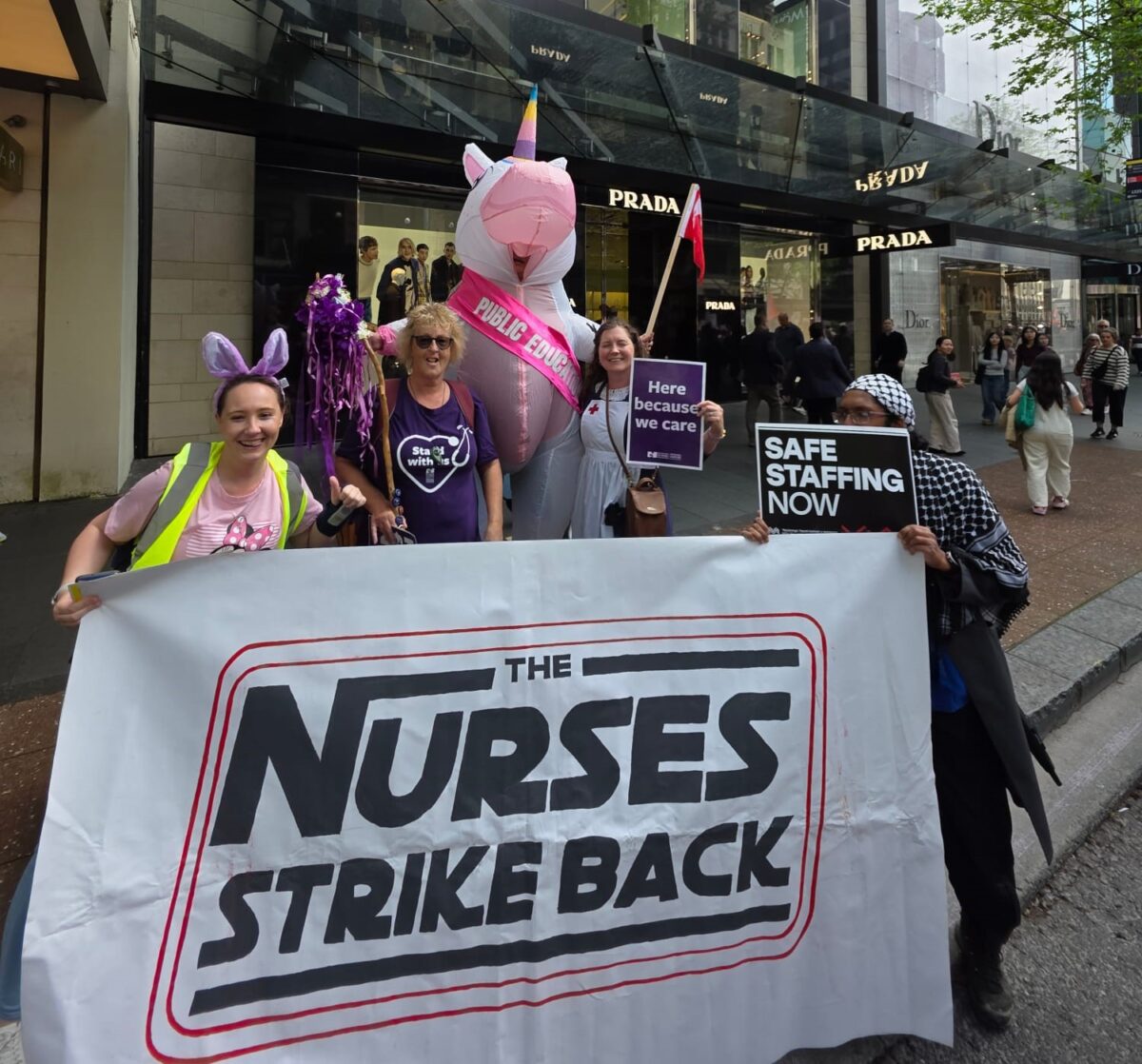On Friday a ballot of 37,000-plus NZNO Te Whatu Ora members voted for three partial strikes from mid-November, including a refusal to accept redeployment to non-rostered areas or work.
Nurse and delegate, Chantelle Thompson, involved in organising August’s partial strike on Ward 4 in Whangārei Hospital, said the new format could be daunting for members.
Thompson said it was in nurses’ nature to be nurturing, kind, and want to look after patients — making it tough to say no. But nurses could not highlight staffing problems, she said, “if we keep filling those gaps”.
“My words of encouragement would be to remember why we are doing this. Two weeks is short-term sacrifice on our end for hopefully a better outcome for the future.”
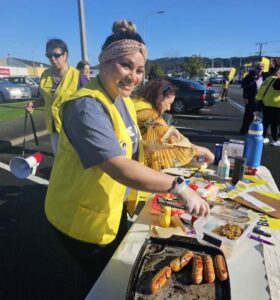
Thompson was rostered off for the first two days of August’s partial strike but still showed up in the mornings to boost nurses’ confidence to say ‘no’ to orders from management to redeploy.
The nurses, however, were really good at “standing staunch together” she said — supporting internationally qualified nurses (IQNs) particularly, who felt less confident confronting authority.
“Once those first couple of days were out of the way, and they’d stood against management, I think it gave them the confidence that ‘hey, actually we can do this’.”
New Zealand’s hospitals were short an average of 587 nurses every shift last year, a new Infometrics report prepared for NZNO found. Safe-staffing numbers uncovered by NZNO showed the likes of mental health acute and forensic wards in a staffing crisis.
NZNO chief executive Paul Goulter said Te Whatu Ora was increasingly moving staff away from their own patients to fill roster gaps in other parts of hospitals.
In the partial strikes workers would refuse to be redeployed to other areas of work to cover staff shortages; refuse to work additional hours they were not rostered to do; and refuse any roster changes proposed by Te Whatu Ora, he said.
The partial strikes followed more than 30 days of bargaining that Goulter said left short staffing concerns unaddressed. “The Government is ignoring the evidence showing our hospitals are chronically understaffed and they are refusing to listen to nurses,” Goulter said.
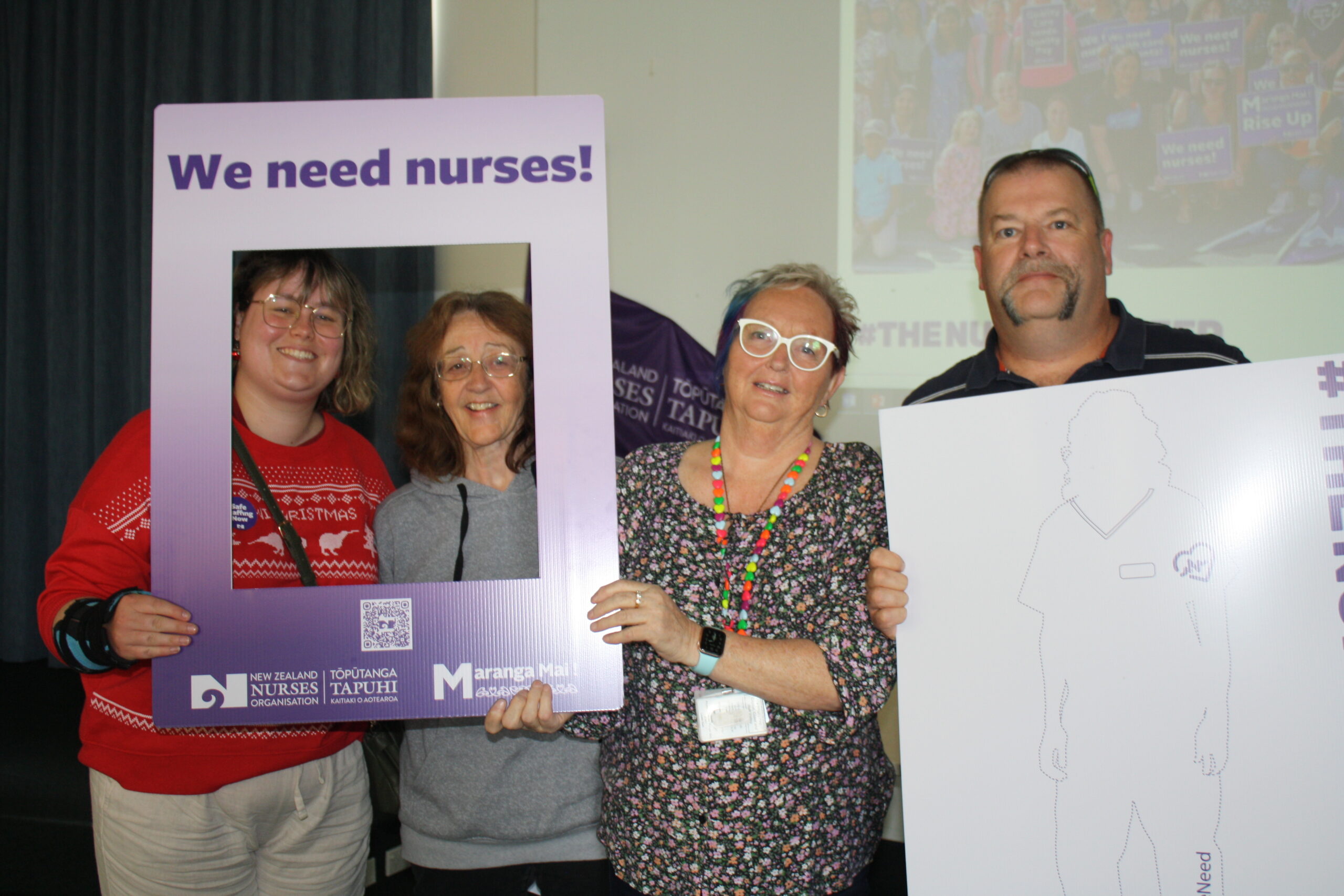
Hutt nurse and delegate Nathan Clark said understaffing was compromising patient care, “short and simple”.
“Patients don’t get the care they need and deserve, we’re having to implement care rationing.”
If there were not enough staff, then there was a “flow-on effect” across a hospital. For example, Clark said, difficulties clearing patients through the post-anesthesia care unit (PACU), then delayed patients coming off the operating table.
“And if we don’t have enough in-patient beds and in-patient staff we can’t get that flow out of the emergency department.”
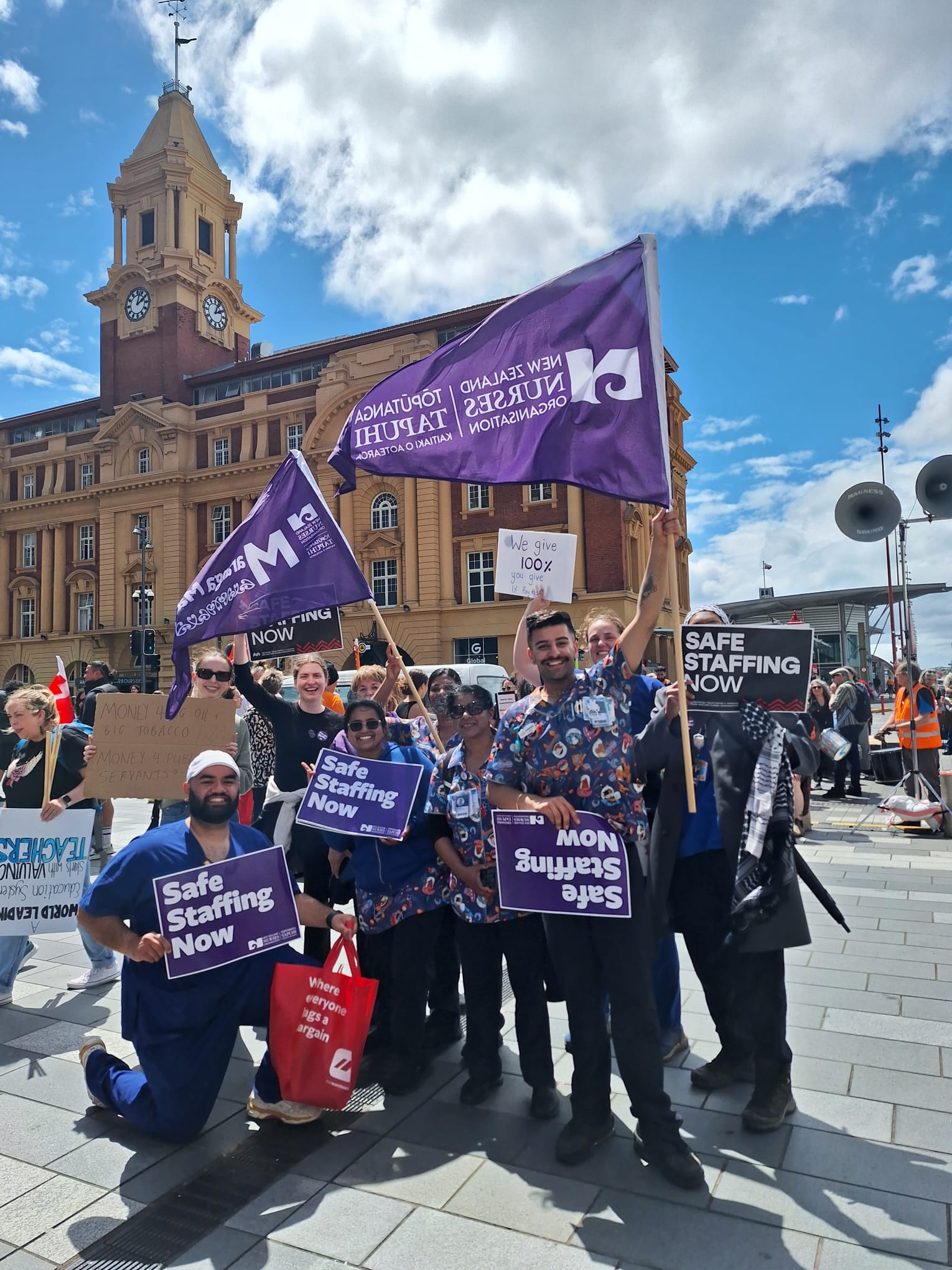
Hutt Hospital was at capacity when Clark left work from his afternoon shift the previous day, he said.
“We were at capacity and patients were stacking up in the emergency department,” he said. “Heaven knows”, he said, what the morning shift would be receiving.
Clark said the burn-out facing many nurses could also be described in another way: “It’s actually a moral injury — because we take it as a moral injury that we can’t provide the care that patients deserve.”
The ballot decision came a week after 100,000-plus workers including NZNO members took part in nation-wide ‘save our essential services strikes.’
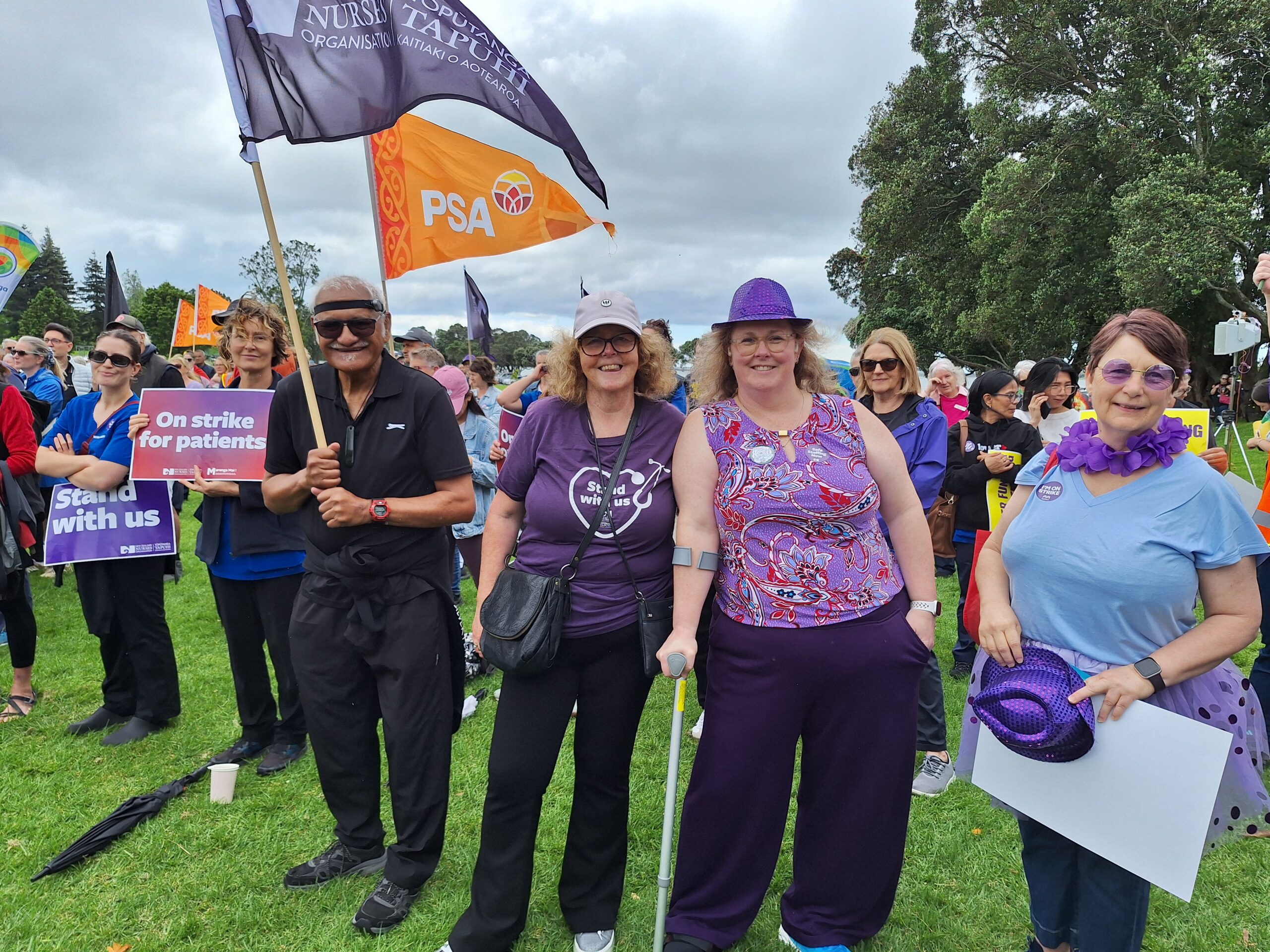
Strike 1 – strike on redeployment, November 17-30
- Workers refuse to accept reallocation to any area or to any work they are not rostered to do.
Strike 2 – strike on additional hours, November 17-30
- Workers refuse to work any duty or shift other than those they are rostered to do.
Strike 3 – strike on roster changes, November 24-30
- Workers refuse to agree to any roster changes proposed by Te Whatu Ora.



